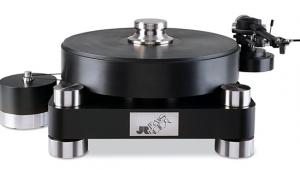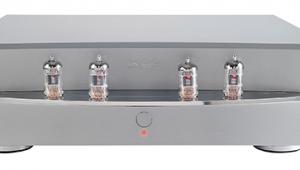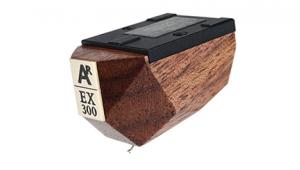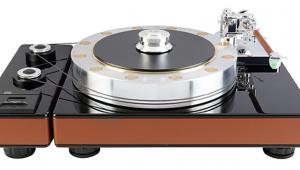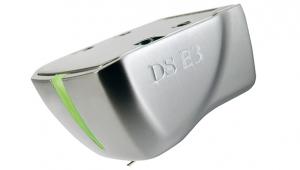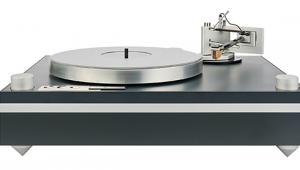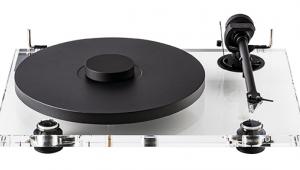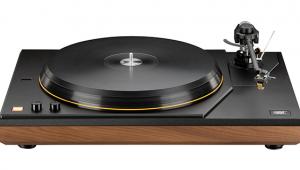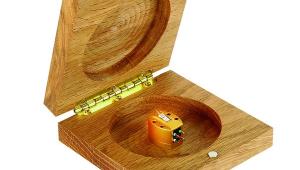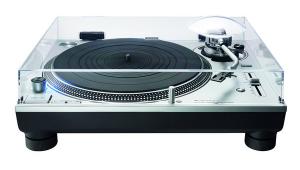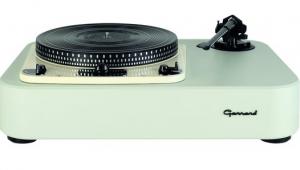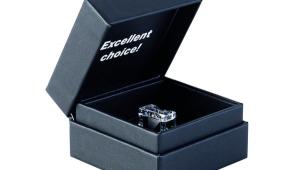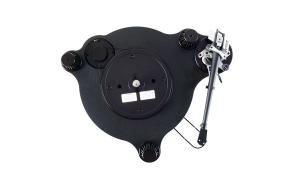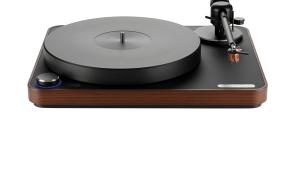Linn Majik LP12/Krane Turntable Package
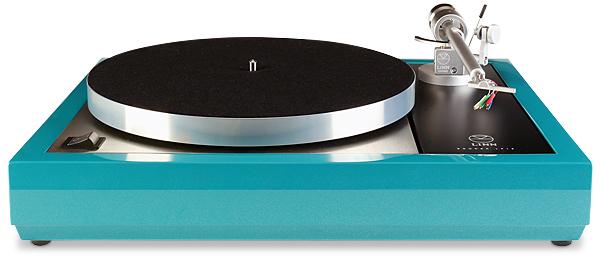
 Linn's 'most affordable' route into the world of the iconic Sondek LP12 turntable is all the more convenient now its Majik deck is packaged with Clearaudio-sourced Krane arm
Linn's 'most affordable' route into the world of the iconic Sondek LP12 turntable is all the more convenient now its Majik deck is packaged with Clearaudio-sourced Krane arm
Meet the latest 'entry level' Linn Sondek LP12. As you can see, things have changed since 1973, where the first model came out of the (then) new company's Glasgow factory, complete with a fluted Afrormosia hardwood plinth and tinted Perspex dustcover. Or have they? Rather like the newest Porsche 911 sports car that looks similar to the original '70s icon, this has many of the visual clues of the first Sondek but much has changed under the skin – almost entirely for the better.
The way that Linn now prefers to sell the deck is a little different. When new, it was bought separately, and your Linn dealer would likely fit a Grace G707 tonearm and Supex SD900 moving-coil cartridge to complete the package. Now, the Glasgow company prefers to offer Sondeks in 'curated collections' from the get-go. So the entry-level Majik LP12 version costs £3450, but the psychedelic lacquered turquoise special finish you see here is an additional £300.
Bearing Comparison
The Majik LP12 comes complete with a Krane tonearm and Adikt MM cartridge; the latter if bought separately costs £430, the former's price is still to be confirmed at the time of writing. The Majik package also includes goodies that owners of older Sondeks will be interested to read about. First is the Karousel main bearing, launched last year as a £750 upgrade, but standard on new LP12s. This is basically a meatier, better made version of the already fine Cirkus bearing. One more bearing change preceded that since the original Sondek was launched.
This deck features the Majik subchassis, which replaces the pressed-steel version of yore with an aluminium part. This has a mounting for the bearing at one end and armboard at the other, so is a key part of the deck's architecture. On its own, this is a £330 upgrade. The Majik LP12 power supply is integrated into the deck and while it's not a frequency-synthesiser type like the Valhalla and other Linn PSUs it does include a noise filter. It appears more than adequately precise too.
Bite The Bullet
Back to the Majik LP12, and the bundled tonearm is closely based on an affordable static-balanced Clearaudio design with an anodised alloy armtube. It has a polished tungsten and sapphire vertical bearing with a dual ceramic horizontal bearing assembly, and feels smooth enough in operation. VTA, azimuth and tracking force adjustments are provided, while the headshell allows for easy cartridge alignment. The Adikt MM cartridge is made by Armour Home Electronics to Linn's specification, and sports a rigid plastic body and Gyger II replaceable stylus.
LP12 buyers traditionally leave the installation of a new deck to their Linn dealer, but it is straightforward to get up and running if you don't want the retailer to enter your house. The deck is supplied to the customer with both the arm and cartridge pre-fitted. Then, it's simply a case of taking it out of the box, putting the inner platter on, then the drive belt, then the outer platter, setting the arm's counterweight and you're away.
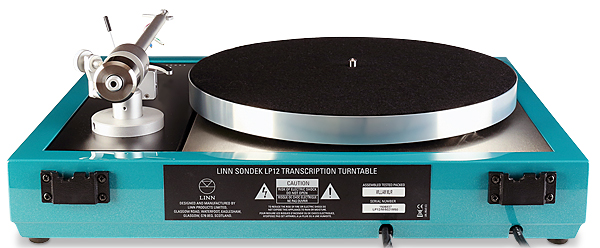
The new Lingo costs £1450 and offers a synthesised frequency source that skips the need for adapters as 33.3/45rpm is directly switchable. Or you could bite the bullet and go for another of Linn's curated packages, in the shape of the £7010 Akurate LP12 which the company describes as 'loaded with upgrades'. These include a superior Kore subchassis, a machined from solid armboard, Trampolin baseboard, Lingo power supply and Krystal moving-coil pick-up. The top £18,870 Klimax LP12 package includes an Ekos SE tonearm and Kandid moving-coil cartridge.

